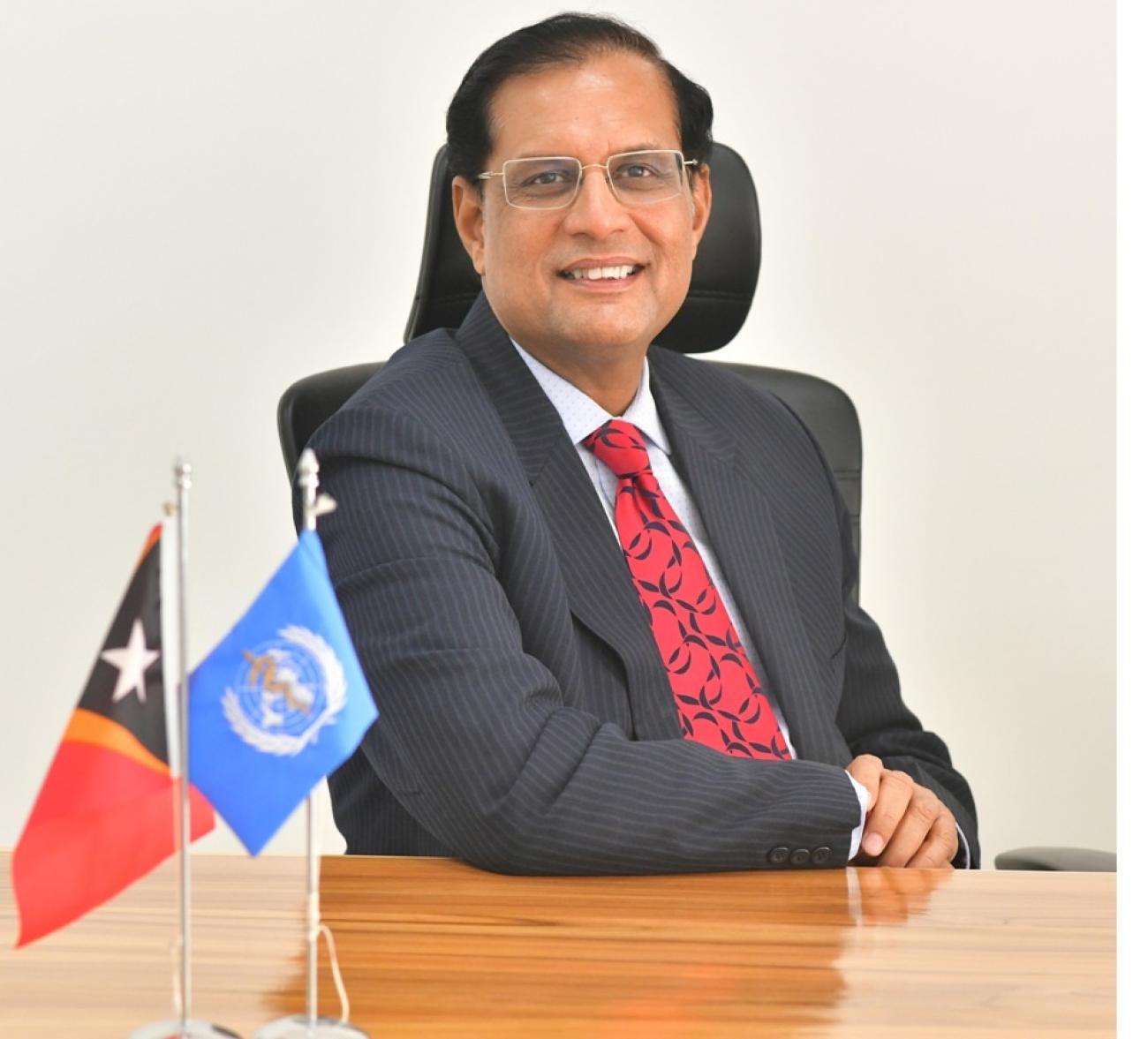Every year, the first week of August is celebrated globally as the World Breastfeeding Week, serving as a reminder of the actions needed to support all mothers in optimally breastfeeding their babies. This year, the Breastfeeding Week also forms part of the Timor-Leste’s National Breastfeeding Promotion Campaign, launched by Ministry of Health in April, highlighting the government’s commitment to strengthen and promote breastfeeding interventions.
Breastfeeding is one of the most effective ways to ensure child health and survival. It provides babies with the best source of nutrition, contributing to infant brain development, and offering lifelong benefits to both mother and the child. The World Health Organization recommends that mothers should initiate breastfeeding within the first hour of birth and continue exclusive breastfeeding for the first six months of life. However, globally, only 40% of infants under six months of age are exclusively breastfed, and Timor-Leste faces similar concerning statistics. The Timor-Leste Food and Nutrition Survey 2020 reveals that over half of the newborns do not receive breastfeeding within the first hour of delivery, and nearly 36% of children between 0-5 months are not exclusively breastfed.
This trend must change. While the World Breastfeeding Week serves as a reminder of the importance of addressing this issue, each one of us has a role to play in protecting, supporting, and promoting breastfeeding.
The theme of this year’s Breastfeeding Week, ‘Enabling breastfeeding: making a difference for working parents’, is particularly relevant to the challenges faced by working women in Timor-Leste. We have ample evidence to show the critical importance of exclusive breastfeeding for first 6months of life, followed by continued breastfeeding for at least two years. However, many women struggle to breastfeed or stop breastfeeding earlier than recommended due to workplace challenges.
Achieving success in breastfeeding requires a collective responsibility, that depends on multifaceted policy and societal responses, rather than placing the burden solely on women. They need adequate time and support to breastfeed, and all of us can help in different ways.
Workplaces must bring in provisions of six months of paid maternity leave for mothers; paternity leave for fathers; suitable breastfeeding rooms or space and allowing mothers enough break time to express breastmilk or breastfeed. Globally there is evidence that women with more months of maternity leave report better breastfeeding durations than those with inadequate paid leaves. Women should not have to choose between breastfeeding their children and their jobs. Therefore, policymakers must ensure provisions are made for paid maternity leaves and develop breastfeeding-friendly accreditation packages for workplaces.
Increasing reliance on breastmilk substitutes or formula milk is another challenge that we must counter. Timor-Leste’s recent promulgation of the National decree law on regulation of marketing of breast-milk substitutes is a step in the right direction. I am certain that the decree Law will be enacted and enforced soon to mitigate negative, undermining influence of commercial milk formulas.
As a part of the National Breastfeeding Promotion Campaign and this year’s Breastfeeding Week, I urge everyone to enable mothers choose breastfeeding while pursuing their professional growth. Let us not forget the vital role of breastfeeding in combatting malnutrition and building a healthier future for this country. Let’s work together to create environments where breastfeeding is fully supported, and mothers are empowered to give their children the best start in life.








